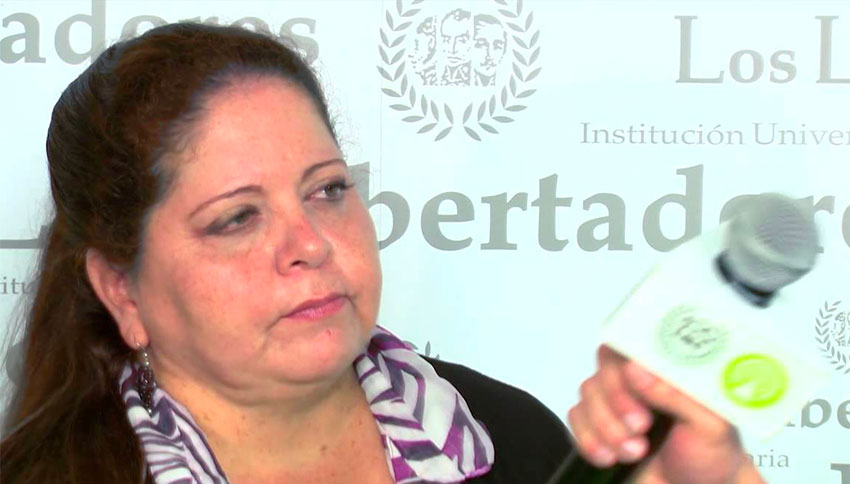United States tourists, locked out of European countries and other popular tourism destinations around the world due to the raging coronavirus pandemic at home, are flocking to the Caribbean coast state of Quintana Roo.
Despite the coronavirus situation and a United States government warning against all travel to Mexico, the number of American visitors to Quintana Roo, where popular destinations such as Cancún, Playa del Carmen and Tulum are located, has increased 23% this year compared to 2019, according to statistics cited by The Washington Post.
The Post also reported that about 100 flights from the United States are currently arriving in Quintana Roo per day. The state’s most popular and famous destination, Cancún, is expected to be busy over the Christmas-New Year vacation period if not quite as bustling as in recent years.
The authorities in Quintana Roo, whose economy is heavily dependent on tourism revenue, have taken a calculated risk in encouraging tourists from the United States and further afield to vacation along the state’s Caribbean coastline. They even declared tourism an essential service to ensure that the sector can continue to operate.
There is little doubt that the risk of the virus spreading increases with the arrival of each planeload of U.S. tourists – some of whom see Mexico as an escape from the pandemic problems at home and are reluctant mask-wearers – but the money they bring to an economy that has been battered in 2020 is much needed.

More than 100,000 tourism sector jobs were lost in Quintana Roo in the first few months of the pandemic, causing unemployment to skyrocket in the state’s tourism hotspots. According to the municipal government of Tulum, half of the town’s working age adults were unemployed in May.
“We need to find a way to create jobs. Otherwise, the situation will continue getting worse,” said Quintana Roo Tourism Minister Marisol Vanegas. “But we always prioritize public health.”
But how well the authorities have managed the health risks posed by an influx of tourists has been called into question recently as news came to light about a multi-day festival held in Tulum last month that has been described as a coronavirus superspreading event.
Despite the inherent risk of the virus spreading at large gatherings, the Tulum government allowed the Art With Me festival to go ahead and host up to 300 people at its various events and parties. Masks were conspicuous by their absence at many events and video footage shows revelers dancing and mingling in close quarters with little concern over the virus.
Unsurprisingly, numerous attendees subsequently tested positive for Covid-19 both in Mexico and at home in the United States. The organizers issued an apology last week and said they regretted “not canceling the event entirely.”
One Art With Me attendee who traveled to Tulum from New York told the Post that “it felt like Covid was over” while she was out of the United States.
“The borders are open. The world is back to normal. Let’s just have fun,” said 31-year-old public relations executive Alexandra Karpova. “It felt like Burning Man on the beach. There was just an amazing energy. People were just so thirsty to be together. It was like, ‘We’re free again.’ ”
Maria Prusakova, a founder of a public relations firm who traveled to Tulum from San Francisco in July, said “there are parties almost every night” in the coastal town known for its bohemian and hipster vibe.
She told the Post that parties started at private villas after restaurants closed at 11:00 p.m. and no one wore masks. Prusakova and 12 of her friends all got sick and tested positive for Covid-19. The 30-year-old tested positive back home in San Francisco, meaning that she exposed other people to potential infection during her return trip.
Her story is unlikely to be unusual. For months amid the pandemic “wealthy Americans held private parties in villas and hotels along the [Riviera Maya] coast,” the Post reported.
Prusakova’s experience hasn’t dissuaded her from traveling again: she’s returning to the resort town for New Year’s celebrations.
![]()
But parties might not be as prevalent as they were earlier in the year.
Quintana Roo authorities are now saying that they won’t allow large parties to go ahead, and officials are perusing social media to look for any mention of events that people might seek to hold or attend clandestinely.
Yet “event organizers are quietly telling tourists they will find a way to host parties,” the Post said.
If tourists and locals in Quintana Roo find ways to gather in large numbers and let their hair down over the Christmas-New Year period, it is likely that hospitals in destinations such as Tulum will once again be inundated with people seeking Covid-19 tests and treatment.
“A big part of this tourism is young people, used to partying, used to dancing. Many of them, when they get sick, are asymptomatic, but they’ve interacted with locals who might not be,” said Tulum Hospital director Marco Rodriguez.
“People come here because they want to go to the biggest and best parties in Mexico, but the people hosting these events need to comply with the law.”
Non-compliance will inevitably mean more coronavirus cases and more Covid-19 deaths in Quintana Roo, where official statistics show that more than 15,000 people have already been infected and almost 2,000 have lost their lives to the disease.
As is the case across the country, those figures are likely significant undercounts due to Mexico’s dismally low testing rate.
Mexico News Daily
